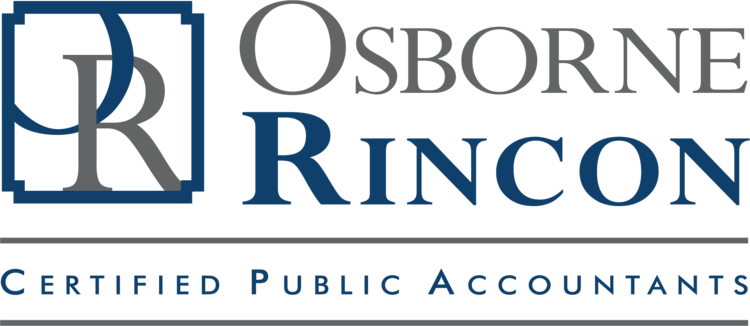By: Lee Osborne
While there have been a number of challenges this tax season, the end of several beneficial tax credits has caused anxiety and confusion for many taxpayers. Perhaps the one that is particularly exasperating is the end of the enhanced Child Tax Credit. Of the 40 tax provisions affecting individuals or businesses that expired in 2021, this is the one where we are seeing a larger impact with taxpayers.
As reported in Fortune, over 36 million families got their sixth—and final—monthly Child Tax Credit advance back in December. Those checks were a temporary measure that was provided by the $1.9 trillion American Rescue Plan. For one year, this economic aid package increased the Child Tax Credit from $2,000 to $3,000 per dependent ages 6 to 17, and from $2,000 to $3,600 for children age 5 or younger.
We don’t yet know what will be replacing the lapsing benefit, but as of right now, the 2022 Child Tax Credit is set to go back to $2,000 for each dependent age 17 or younger.
The enhanced Child Tax Credit is probably the highest profile tax break that either ended or went back to its pre-pandemic status, but there were plenty of others. Credits for energy-efficient investments and purchases expired at the end of 2021, as did charitable contributions for nonitemizers. This means you now need to itemize your charitable contribution deductions in order to take advantage of that benefit.
The money from these tax credits was intended to offer aid during the pandemic, but of course, taxpayers are disappointed to not be receiving as large of a tax refund as they were expecting. There has also been an abrupt end to the monthly advance payments, and parents have been distressed about that, as well.
Although you’ve been focused on filing your 2021 tax return, it's never too early to start thinking about next year's return. Proper tax planning requires an awareness of what's new and different from the previous year — and there are more tax law updates taking effect in 2022 that you’ll need to know about.
As tax professionals, we continually keep up with the changing provisions in order to ensure our clients are able to take advantage of all applicable write-offs – which is why it is important to have a good CPA handling your taxes. A trusted CPA is always looking for strategies when preparing your tax return that will allow you to keep as much of the money you’ve earned as possible.
